C'est pour demain (1961)
Gênero : Comédia, Família
Runtime : 0M
Director : Jean Prat
Sinopse
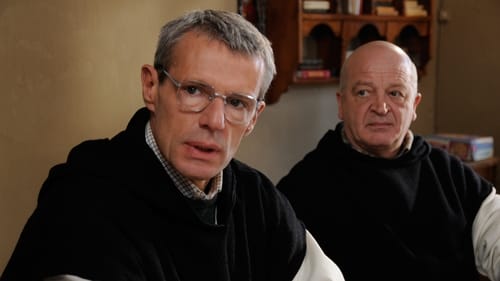
Em um mosteiro encravado nas montanhas do Norte de África, na década de 1990, oito monges franceses vivem em harmonia com seus irmãos muçulmanos. Quando uma equipe de trabalhadores estrangeiros é massacrada por um grupo islâmico, o terror instaura-se na região. - Ganhou o Grande Prêmio do Festival do Cannes em 2010. - Ganhou o Prêmio do Júri Ecumênico no Festival de Cannes 2010.
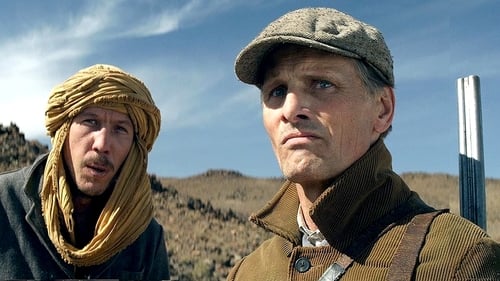
Durante a Guerra da Argélia, em 1954, o professor Daru (Viggo Mortensen) fora recrutado para lutar pelo exército francês. Ele nasceu na Argélia, mas é de família espanhola. Sua identidade e nacionalidade são questionadas por argelinos e também por franceses. Daru não concorda com a guerra e se sente totalmente deslocado. A polícia questiona sua lealdade , acreditando que ele pode ser um traidor disfarçado.
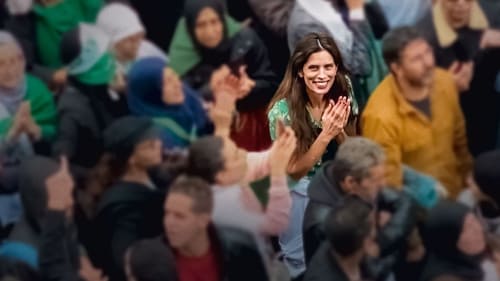
Neige, divorciada e mãe de três crianças, visita regularmente Emir, seu avô argelino, que vive agora em um asilo para idosos. Ela adora e admira seu papel de alicerce da família, e como o homem que a criou e sobretudo a protegeu da atmosfera tóxica que marcava seu relacionamento com os pais. As relações entre os muitos parentes se complicam quando Emir morre, desencadeando uma tempestade familiar e uma profunda crise de identidade em Neige.
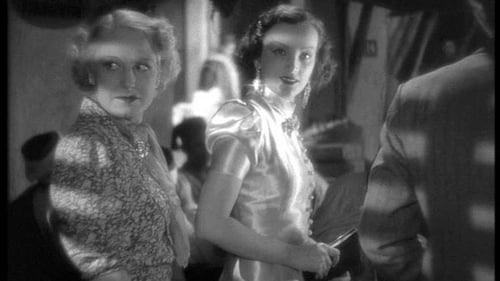
Pépé é um gangster de Paris que se esconde na Argélia. Após dois anos se escondendo, começa a sentir falta de sua liberdade, mesmo com poderes. Ao conhecer Gaby, sua vontade de voltar só aumenta, mas se voltar pode ser pego pelo detetive Slimane.
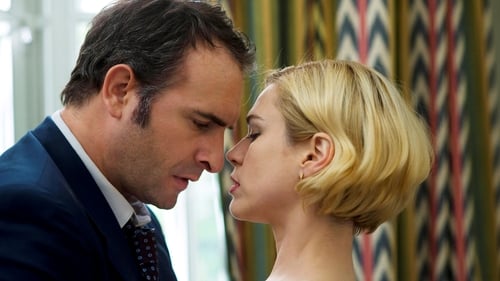
Happily married with a daughter, Marc is a successful real estate agent in Aix-en-Provence. One day, he has an appointment with a woman to view a traditional country house. A few hours later, Marc finally puts a name to her face. It's Cathy, the girl he was in love with growing up in Oran, Algeria, in the last days of the French colonial regime. Marc hurries to her hotel. They spend the night together. Then she's gone again. And Marc's mother tells him Cathy never left Algeria. She was killed with her father in a bombing just before independence...

Newly-arrived Ahmed tries to integrate his family to the canadian society, while attempting to control his son's life orientation.
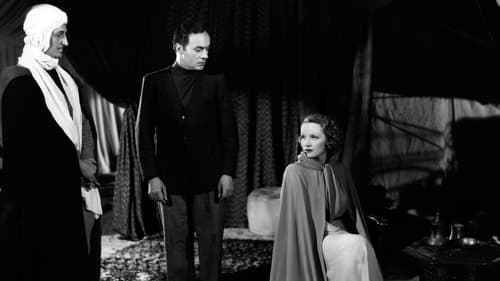
The star-crossed desert romance of a cloistered woman and a renegade monk.
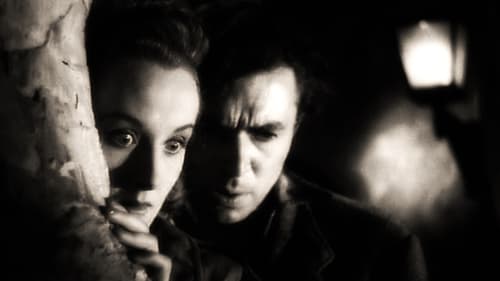
Candlelight in Algeria is a 1944 British war film directed by George King and starring James Mason, Carla Lehmann and Raymond Lovell. This drama follows the exploits of Eisenhower's top aide, Mark Clark, and other important Allies as they journey to an important meeting held on Algeria's coast. The precise location of this vital secret gathering is upon a piece of film which must not fall into enemy hands

A watershed film, Omar Gatlato held a mirror up to Algerian male culture and the mirror cracked. The title refers to the expression "gatlato al-rujula," or, roughly, "machismo killed him" and the film's mordant insights into male posturing and alienation in Algerian society animate this bit of folk wisdom. In mock documentary style, a young man recounts with wry commentary a typical day in his life in the Bab el-Oued quarter of Algiers, while the camera playfully shows a different story. In following Omar and his friends in their pursuit of happiness, the film examines with shrewd humor the gang values of urban youth; their passion for popular culture (soccer, "Hindoo" movies, Rai concerts), their hidden fear of women, and their social insecurity in an environment where they are marginalized.
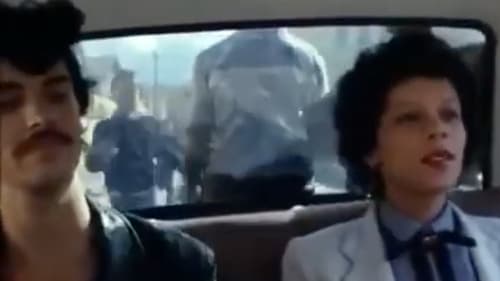
A family or Algerian origin comes back to Algeria after having lived in France for a long time. The children, born in France, have a hard time adapting to Algerian society, and the contrast between traditionalist mentalities and youth wanting to have fun clash, reaching havoc in the village.

During the Algerian war of independence, one of the FLN's leaders was arrested by the army, which uses the most violent methods to make the prisoners talk. The use of torture poses a case of conscience to a French officer. A play between the field against the field, between the tortured and his torturer, behind a stifling closed door.

Nine people with Abdullah Le Clandestin (Illegal Taxi), in one car, on the way to Algiers.
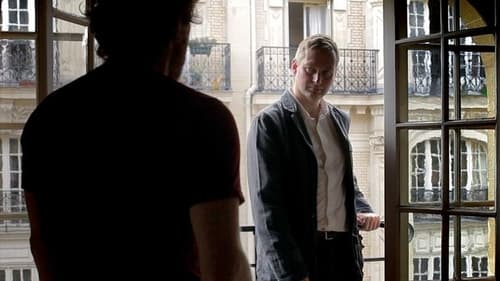
In a single static shot a man is threatened with death at another's gunpoint.
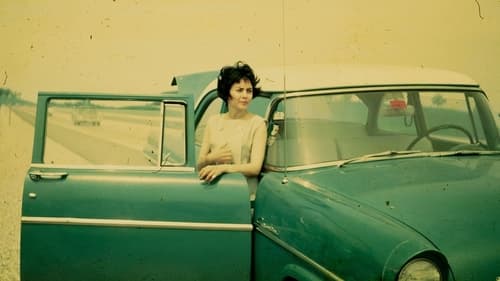
Ainouz se baseou na história de seus pais, Iracema, uma brasileira, e Majid, um argelino, que se conheceram nos Estados Unidos. Eles se separaram em 1965, quando ele retornou à Argélia e ela, ao Brasil, grávida. Karim só conheceu o pai aos 20 anos. O filme é um inventário afetivo dessa relação. “O Marinheiro das Montanhas” integra a seleção Sessões Especiais da 74ª edição do Festival de Cannes.

Mounir Mekbek lives with his family in a small village in the heart of the Algerian countryside. Very proud and sure of himself, he has only one dream- to finally be appreciated by his fellow villagers. Screwing up his carefully maintained image is his headstrong, narcoleptic sister Rym who falls asleep anywhere and whom the village is convinced will end up a spinster. One evening, Mounir returns from town drunk and announces that he's found a suitor for his sister. The fake story snowballs and snowballs until the suitor morphs into a rich, blonde Australian. The village begins preparing for the wedding in earnest - but without a bridegroom in sight.
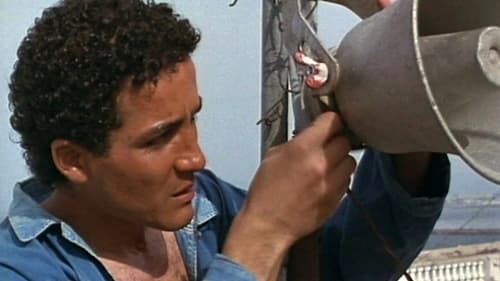
Bab El-Oued, a popular district of Algiers, in 1989, a few months after the riots. Boualem works at night in a bakery and steals the loudspeaker that was installed on his roof and was broadcasting the Imam's word... therefore preventing him from sleeping. This blunder is taken as a pretext by the Islamists to put the district under their control...


On an Algerian beach, kids splash about, sleep, squabble - and then suddenly go to war. And it’s neither Lord of the Flies nor La Guerre des boutons. In her first film, full of grace, Narimane Mari films this childish freefor- all closely, at the irregular pace of an imagination inspired by the highest form of reality, national History — actually, nothing less than the Algerian War of Independence. When their make-believe induces a general upheaval, we follow the flock of children as they stamp their feet up the stairs, invade houses, cross village squares, in a whirlwind of shouts and empty words. Time is stretched like in a dream, through a choreography of belligerent shadows or the night-time explosion of the cemetery, as so many warning signs of dangers to come.
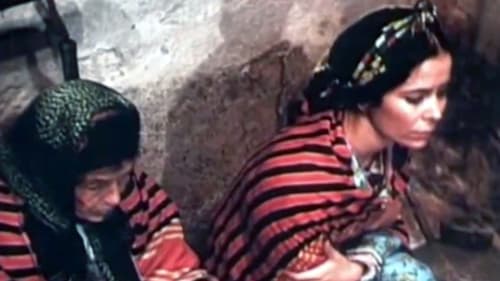
An Algerian doctor decides to leave the troubles in Algiers and goes back to his hometown, a small village lost in the mountains. There, however, the situation is explosive as well, as the guerilla is active and the French military has to keep a close watch on the locals...













